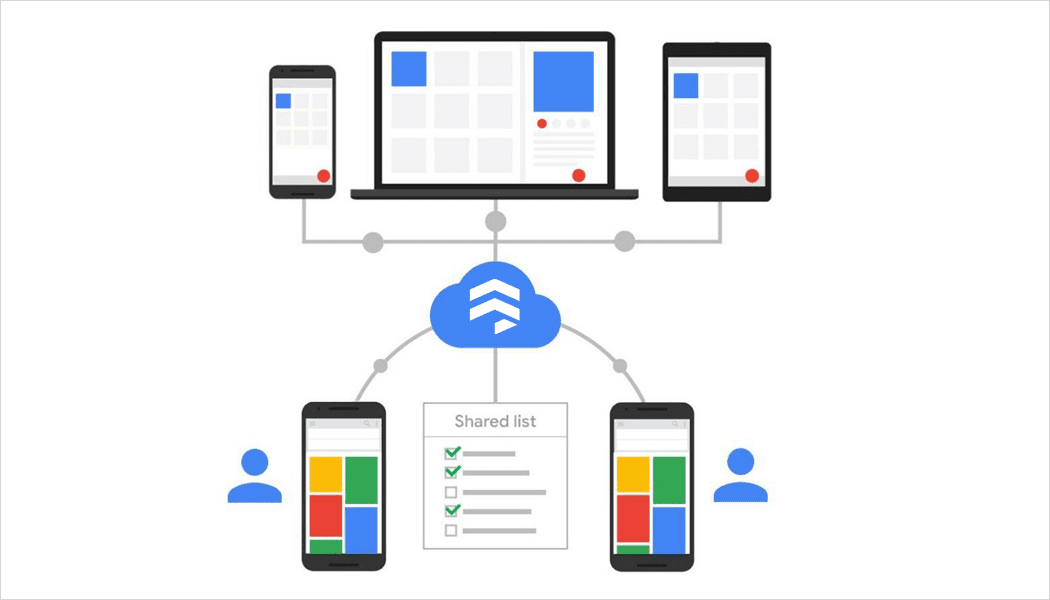Google’s serverless, NoSQL document database service Cloud Firestore has finally become generally available for mobile, web, and internet of things (IoT) applications.
The service has been available in beta since October 2017. Cloud Firestore is a fully managed, cloud-native database service that allows developers to easily store, sync and query data for their applications.
Integrated with Google Cloud Platform (GCP), as well as Google’s mobile development platform called Firebase, the service can handle security and authorization, infrastructure, edge data storage, and synchronization. To provide improved experience to developers and simplify app development, Google has included live synchronization, offline support, and ACID transactions across hundreds of documents and collections.
For security of data, Cloud Firestore has built-in Identity and Access Management (IAM) and Firebase Auth.
With the general availability, a number of crucial programs like GCP’s deprecation policy will now be applicable to Cloud Firestore. Also, this service will now also support HIPAA compliance.
Cloud Firestore is now a part of GCP’s official Service Level Agreements (SLAs), which means that users will get high uptime for both multi-region instances and regional instances.
“Building with Cloud Firestore means your app can seamlessly transition from online to offline and back at the edge of connectivity. This helps lead to simpler code and fewer errors. You can serve rich user experiences and push data updates to more than a million concurrent clients, all without having to set up and maintain infrastructure,” wrote Amit Ganesh (VP Engineering) and Dan McGrath (Product Manager), Google, in a blog post.
Along with SLA availability, Google has also announced new lower pricing tier (up to 50% off) for most regional instances of Cloud Firestore. The new pricing will be available from March 3, 2019. The pricing will vary depending on the locations.
To help developers in monitoring Cloud Firestore read, write, and delete operations in near-real time, Google is integrating the service with Stackdriver. It is currently in beta.
Also read: Google secures DNS traffic with DNS-over-TLS support for its public DNS
More features will be added to Firestore in coming weeks, which might include querying for documents across collections and increasing database values without a transaction.
The search engine has also added new datacenter locations for hosting the Cloud Firestore data. These will include a multi-region location in Europe, and 9 more regional locations (Asia, Australia, North and South America, and Europe).

Images source: Google








